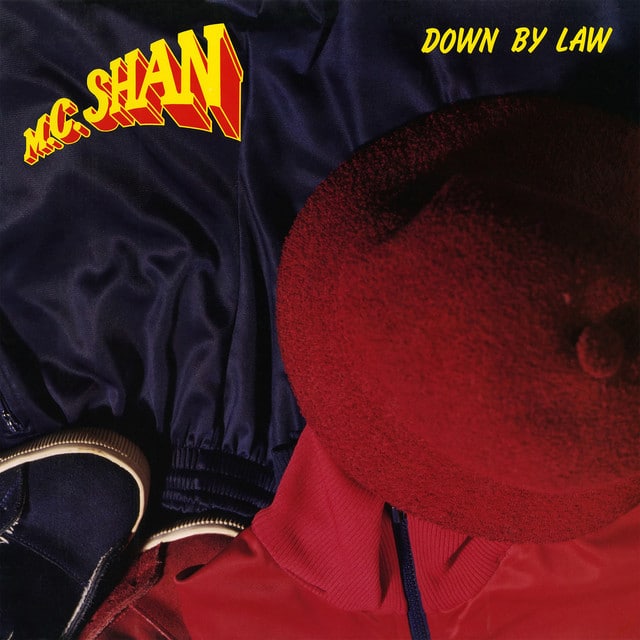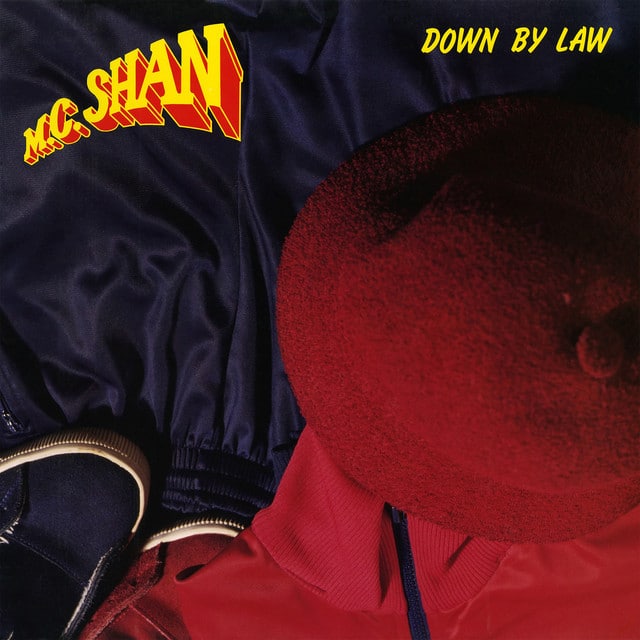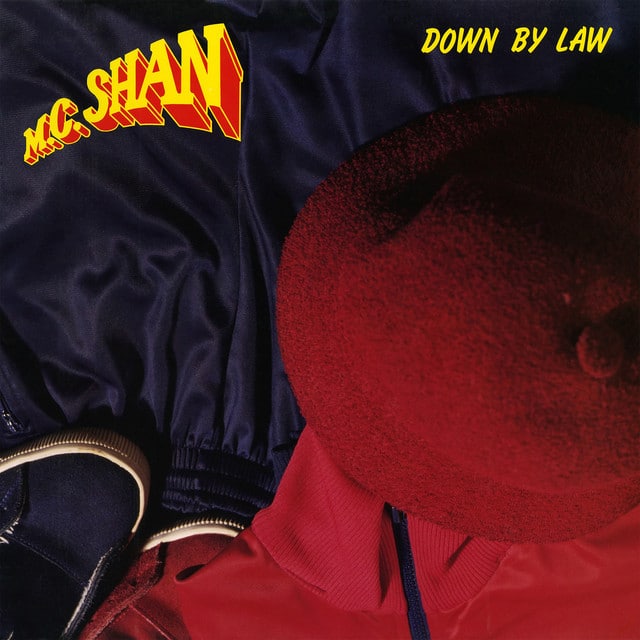Released: 1987
“Kill That Noise” by MC Shan takes us on a journey of self-affirmation and resilience. It’s a hip-hop classic which strikes back against those who downplay his skills and the reputation of his community, the Queensbridge. It’s a track laden with ego, confidence, rivalry, and real-world struggles, encapsulating the spirit of the golden era of hip-hop.
The song starts with Shan asserting his place in hip-hop as an original, creative narrator, setting himself apart from the biters and fakers in the industry. When he raps about being a “crowd motivator, MC annihilator,” he’s not just boasting about his talent, but stating his authentic commitment to hip-hop. The phrase “kill that noise” becomes a recurring refrain, acting as a direct retort to the critics who don’t respect the artistic potency coming from the Bridge.
MC Shan doesn’t just dismiss his critics, he challenges them. He throws gauntlets, inviting them to a verbal duel. Lines like, “Grab the mic, plug in the beat box jacks/Prepare for the battle, then proceed to wax,” tell you he’s just not about lip service; he’s willing to back up his claims with verses that will “deafen an MC”. Fought not with fists but with rhymes, this isn’t mere braggadocio, it’s fundamental hip-hop, a battle of lyricism and wit.
The rapper gets more confrontational in the third verse, warning potential detractors about their end. The line, “Your boys and your family will be grieving your death/Weeping while they’re sweeping up the pieces I left” works as a chilling caution against disrespecting his artistry. Here we see the quintessential MC Shan; raw, unfiltered, and real.
Further in the track, when Shan raps, “My mama used to say: ‘Be a ladies man’/I used to always wonder why she named me Shan,” he cleverly intertwines his personal story with his lyrical prowess, making the song deeply personal yet universally relatable. His rhymes aren’t just digs at other artists, they’re parts of his identity; both public and private.
The final verses are the most pointed attacks on his detractors. He pokes fun at KRS-One and Scott La Rock, two influential figures in hip-hop who had previously claimed that hip-hop started in South Bronx, leading to a notorious dispute known as ‘The Bridge Wars.’ Shan addresses this controversy head-on, maintaining his original stance that he never claimed hip-hop started in Queensbridge, rather that his community contributed significantly to the genre’s development. In all, “Kill That Noise” is an audacious defence of MC Shan’s identity, skill, and community.






